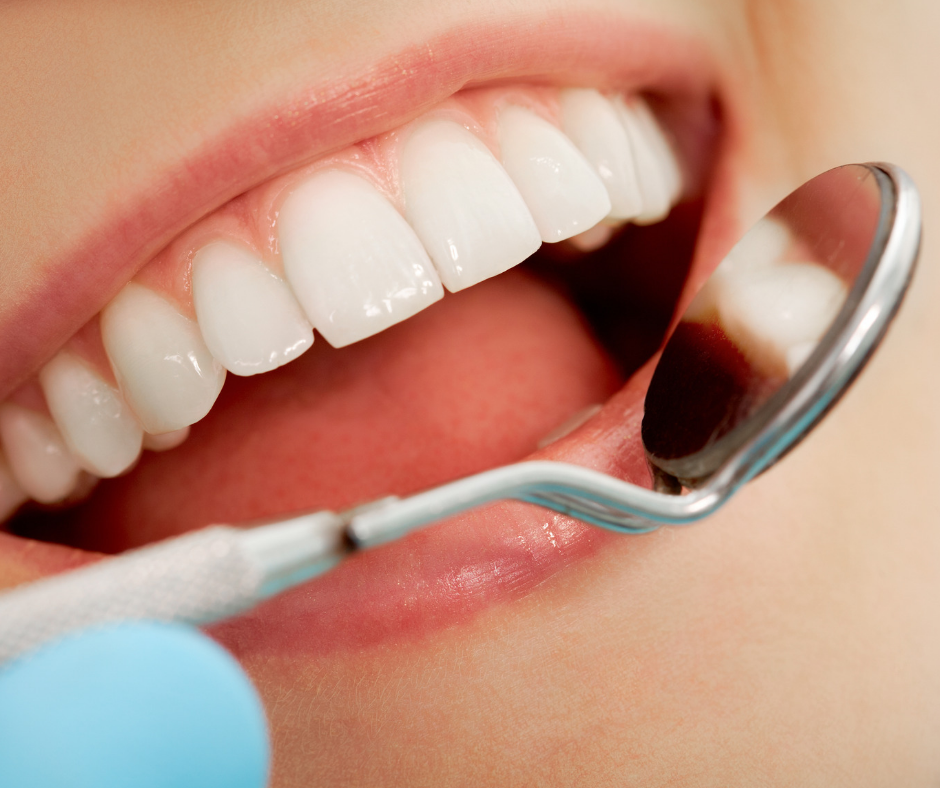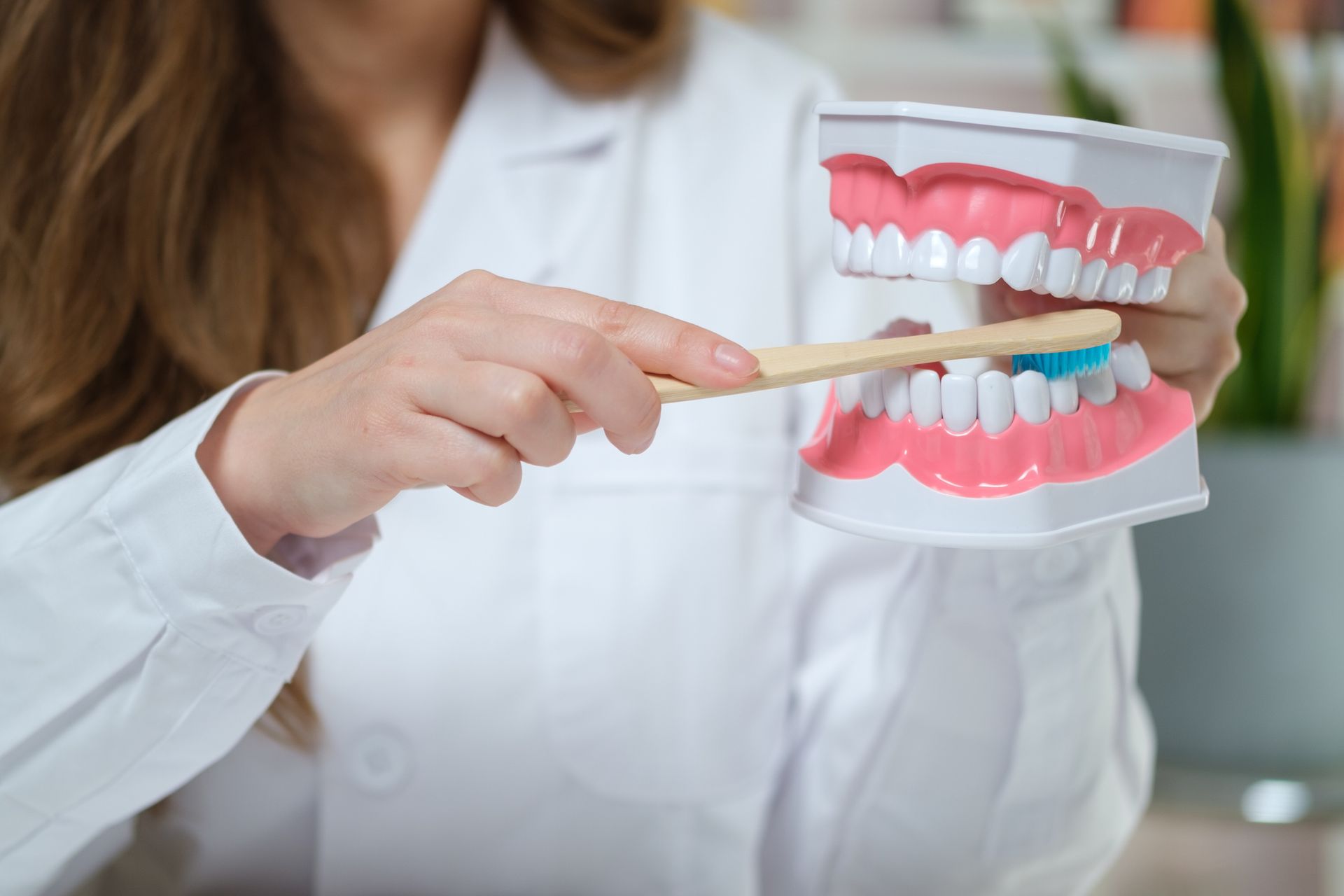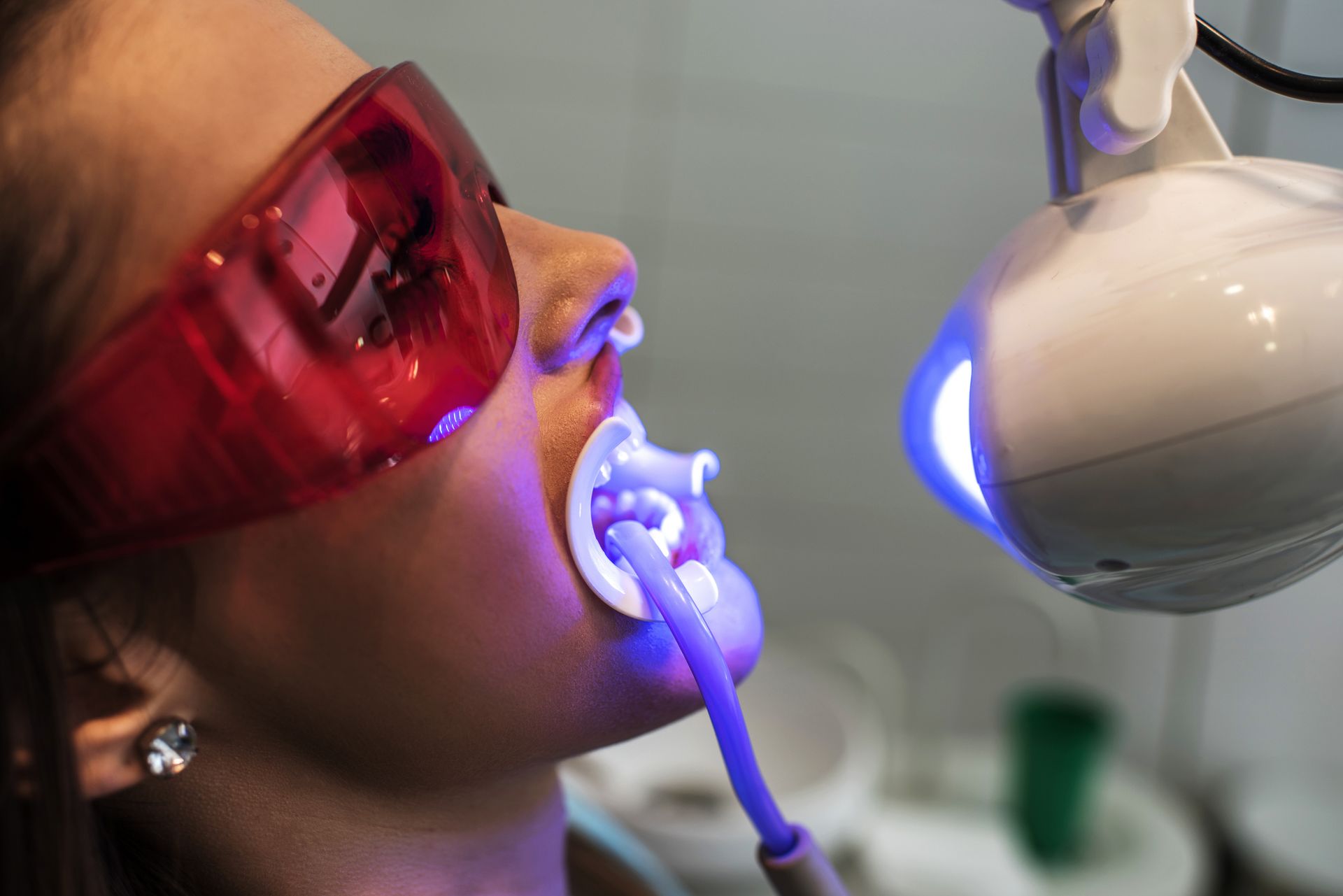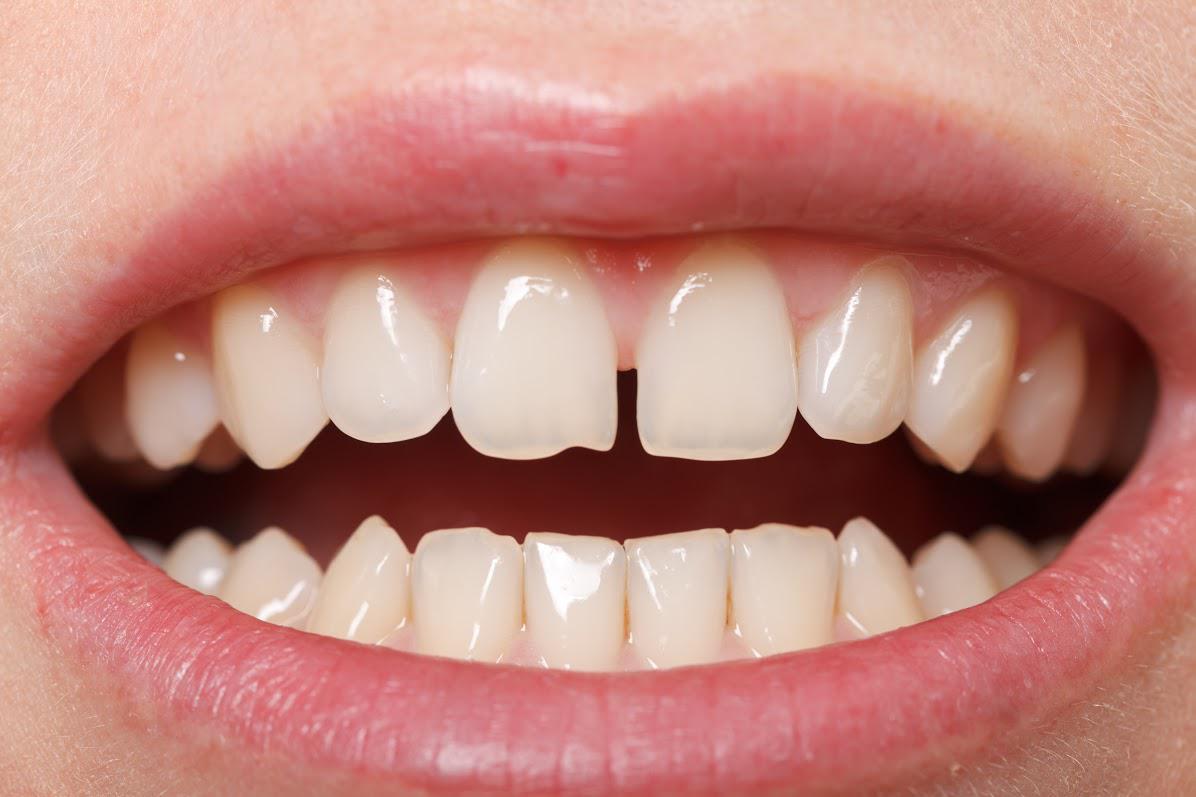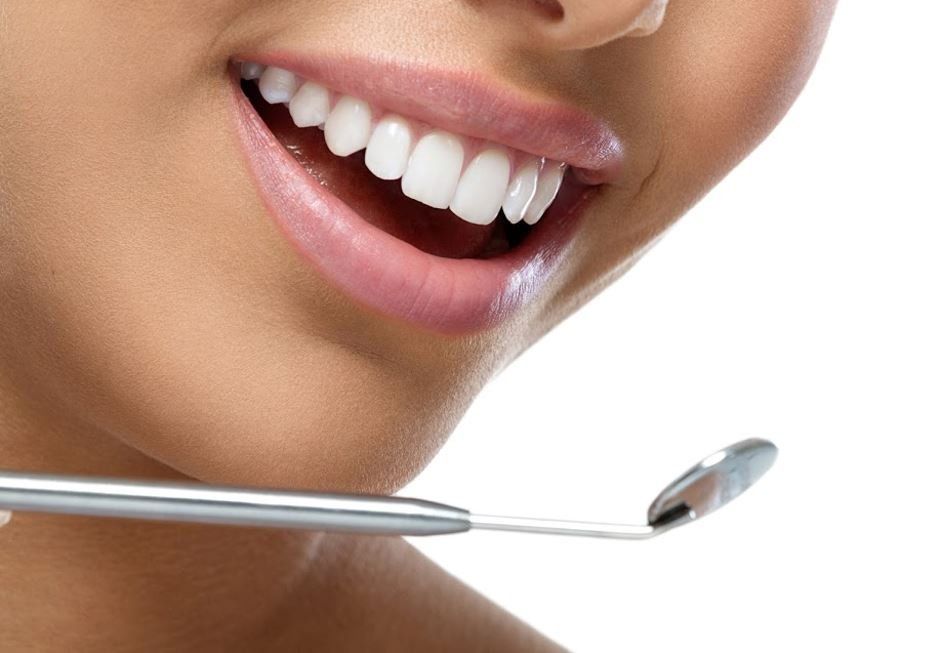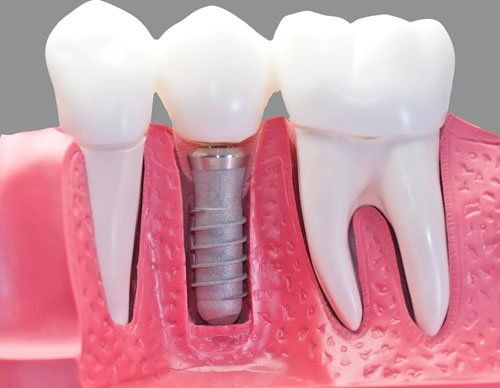A Patient's Guide to Six Major Dental Specialties
For most people, any doctor who provides dental care is thought of as a dentist. But, just as with your overall body health, a variety of dental health practitioners provide different services and have different areas of focus. How can you know which dental professional you need for which reasons? Here is a handy guide to dental specialties and when you might benefit from each one.
1. General Dentistry
Think of general dentistry like the family physician or general practitioner. This is the person who you see for annual or semi-annual checkups and the one who you would go to with general tooth-related concern or questions. They provide exams, cleanings, whitening, fillings, and relatively simple repair work. The general dentist would refer you to a specialty doctor if the problem calls for one.
Some specialty dental providers also perform services in general dentistry. In addition to benefiting from their extra training and experience, you have the advantage of an established relationship with your doctor when you need more specialized work done.
2. Orthodontist
The second most common dental practitioner for most Americans is an orthodontist. Stemming from the Greek word for straight, an orthodontist specializes in straightening teeth using the most modern methods.
While most people's experience with orthodontics comes as pre-teens and teenagers, orthodontists also treat many adults. An adult may not have had corrective orthodontia as a young person or their teeth may have misaligned over the years. In addition, an orthodontist often treats chronic ailments such as TMJ (temporomandibular joint disorder).
3. Endodontist
An endodontist is most often connected with root canals, which get a bad reputation but are actually important to help save teeth. The endodontist's specialty is the inner layers of teeth, primarily the pulp at the center. Pulp is what keeps the tooth healthy, and it connects teeth to the body through blood vessels and nerves. Diseases or damage to the pulp can permanently injure or kill a tooth.
4. Prosthodontist
While you may not have heard of a prosthodontist, this specialty works hard to give your smile a better look and feel. If you have broken, damaged, or missing teeth, a prosthodontist rebuilds them with replacement material. The doctor may design customized dental prosthetics that fit your needs — including bridges, crowns, veneers, and dentures. Some prosthodontists also repair jaw or facial damage.
5. Periodontist
Gum disease is a serious problem for Americans of all sorts, and it can even affect your general health. Severe gum disease allows bacteria to enter the body and increases inflammation. These problems are linked to health issues in the heart, diabetes, and rheumatoid arthritis.
A periodontist might treat a case of gum disease or periodontitis with physical remedies like scaling or planing. In more urgent cases, they may also perform surgeries to deal with infected or damaged teeth.
6. Oral Surgeon
An oral surgeon's work, as their name suggests, involves surgery. Surgery on the jaw and gums can be used to repair serious damage, birth defects, or treat cancerous growths. Sometimes, a particular tooth extraction is more complex than normal, so an oral surgeon might handle the delicate work necessary.
Whereas most people see their teeth and gums as a small but important part of the body, dental practitioners see these as a complex system that needs specialized care using different methods. Finding the right type of doctor protects your health, your smile, and your comfort.
Want to know more about specialty dental work? Have questions about a particular ailment? Need to get a checkup? Start with a visit to Gregory S. Rutherford, DDS, PA. We will work with you to find the dental solutions you need to look and feel your best. Call today to make an appointment.


